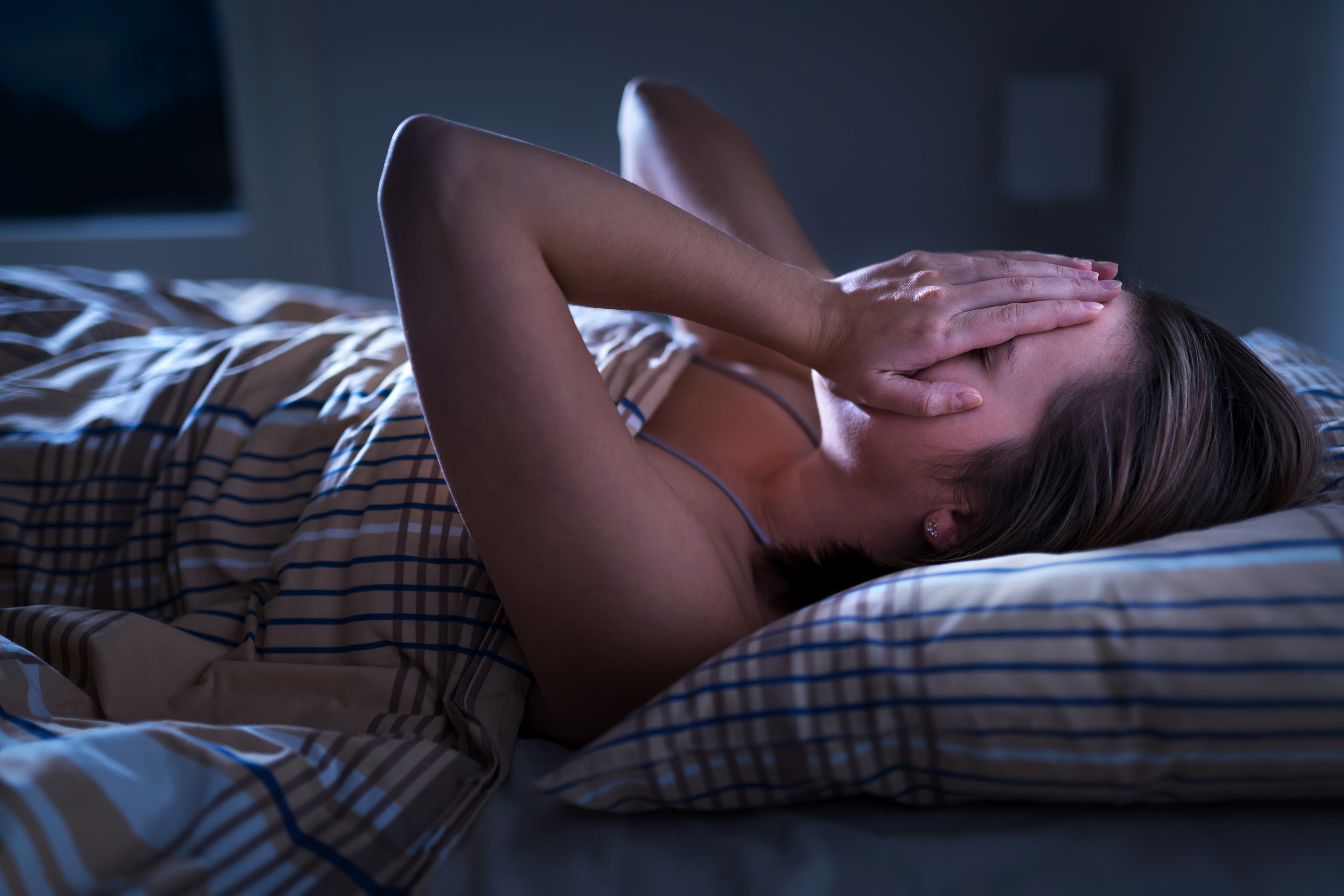While the allure of sunshine and a refreshing drink might seem like the epitome of summer bliss, health experts are issuing a stark warning: this popular combination carries significant, often underestimated, health risks.
Far from a harmless pairing, alcohol consumption in warm weather can dramatically accelerate dehydration, heighten the risk of severe sunburn, and critically impair judgment, leading to potentially dangerous situations.
Ahead of Alcohol Awareness Week, running from 7-13 July, medical professionals are shedding light on these specific effects, urging the public to understand and mitigate the dangers of mixing sun and alcohol.
1. Dehydration
“Dehydration is the number one offender when it comes to drinking alcohol in the sunshine, bringing with it some not-so-fun symptoms such as headaches, dizziness, sickness and fatigue and in some cases needs medical attention,” Dr Richard Piper, CEO of Alcohol Change UK, says.
Dr Ajay Bagga, a senior GP leader at Nuffield Health, agrees.
“This is because alcohol acts as a diuretic, making you urinate more and lose essential fluids. Add in sweating from heat, and the risk of dehydration increases quickly,” he says.
On very hot days, Dr Piper says that the safest option is to completely avoid alcohol. However, if that is not possible, he recommends alternating between alcoholic drinks and water.
“This method, known as zebra striping, slows down our alcohol consumption and keeps us topped up with the fluids we need to prevent the dehydration double whammy of alcohol and hot weather,” explains Dr Piper.
“If it’s really hot, consider two glasses of water for one glass of alcohol.”
Dr Bagga also recommends keeping a refillable water bottle with you at all times during the summer and taking regular sips, even if you don’t feel thirsty.

2. Heat stroke and heat exhaustion
Heatwaves can be dangerous in their own right – and adding alcohol to the mix can further increase your risk of heat exhaustion or heat stroke.
“Alcohol impairs your body’s ability to sense and regulate temperature,” explains Dr Bagga.
“Combined with high heat, this can lead to heat exhaustion – or worse, heat stroke, which can be life-threatening.”
To help lower this risk, try to remain in the shade during peak UV times, when the sun’s rays are at their strongest.
“Minimise this risk by avoiding alcohol during the hottest part of the day (typically 11am–3pm) and sticking to shaded or air-conditioned areas,” advises Dr Bagga.
“If you feel dizzy, confused, or nauseous, stop drinking immediately and seek shade, hydration or medical attention if needed.”

3. Sleep
Excessive heat and alcohol can negatively impact both the amount and quality of our sleep.
“While the sleep-inducing effect of booze can help us drop off, alcohol suppresses the Rapid Eye Movement (REM) part of our sleep cycle, which makes for a less restful slumber,” says Dr Piper.
“Put all of this together and we can wake up feeling more tired than when we went to bed; and with a sore head to boot.”
One of the most effective ways to prevent alcohol from wreaking havoc on our sleep is to stop drinking earlier in the day.
“Stopping drinking earlier in the day and only having water after, say 9pm, can help prevent alcohol from playing too much havoc with our sleep in the hot weather,” recommends Dr Piper.
“We can also keep track of how much alcohol we’re consuming throughout the day using an app like Try Dry.
“By logging our drinks, we can see how many units we’ve consumed and decide to call time on our boozing and rehydrate earlier before we go to bed, hopefully enabling a more restful night’s sleep.”

4. Sunburn and skin damage
“Alcohol lowers your awareness, meaning you might forget to reapply sunscreen or stay in the sun too long,” says Dr Bagga.
“It also widens blood vessels, increasing your skin’s sensitivity to UV damage.”
So, remember to keep re-applying sun screen throughout the say, even if some clouds do appear.
“Apply a broad-spectrum sunscreen with SPF 30 or higher before heading out and reapply every two hours,” advises Dr Bagga. “Don’t rely on clouds for protection, UV rays can still cause damage on overcast days.”
5. Impaired judgement and increased injury risk
“Many summer activities can involve physical movement and potential hazards such as water sports or rooftop gatherings,” says Dr Bagga. “Alcohol impairs coordination and decision-making, increasing the likelihood of accidents or injury.
“Minimise this risk by never mixing alcohol with swimming, boating, or cycling and keep at least one sober person in your group who can assist in case of emergencies.”
Plus, this summer might be a good time to try some alcohol-free options.
“While booze and hot weather might trigger associations for us, we don’t have to act on those associations like Pavlov’s dogs,” says Dr Piper.
“Enjoy a cold alcohol-free beer and keep drinking plenty of water, and you’ll feel a whole lot better.”







